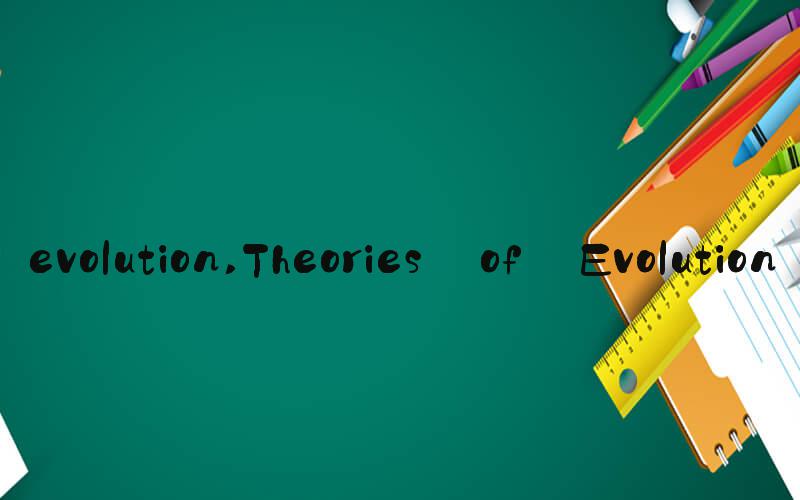
 Introduction
IntroductionEvolution is the process by which species of living organisms change over time through the accumulation of heritable physical or behavioral traits. This process occurs over many generations as individuals with advantageous traits survive and reproduce more successfully than those without them. Evolution has been studied extensively in various fields, including biology, genetics, and paleontology.
Theories of EvolutionThe theory of evolution was first proposed by Charles Darwin in the mid-19th century and has since been refined and expanded upon. Darwin's theory is based on the idea of natural selection, which posits that those organisms with advantageous traits are more likely to survive and reproduce, leading to the eventual evolution of a species. Other theories, such as genetic drift and gene flow, also play a role in the evolution of species.
Examples of Evolution in ActionEvolution is a slow process that can take place over millions of years, but there are many examples of it occurring in the natural world. One iconic example is the evolution of the Galapagos finches, which Darwin observed during his voyage on the HMS Beagle. These birds have evolved different beak shapes to better adapt to the different food sources available on the islands where they live. Another example is the development of antibiotic resistance in bacteria due to the selective pressure of antibiotics being overused in human medicine.
The Role of Genetics in EvolutionGenetics plays a crucial role in the process of evolution. The genetic makeup of an organism determines its traits and characteristics, and advantageous traits can be passed down to offspring through their genes. Mutations, which are random changes in genetic material, also play a role in evolution as they can introduce new traits that may be advantageous to an organism in its environment. Genetic drift and gene flow, the random fluctuations in gene frequency within a population and the transfer of genes between populations, respectively, also contribute to the evolution of species.
The Impact of Human Activity on EvolutionHuman activity, particularly in the modern era, has had a significant impact on the evolution of other species. Habitat destruction, pollution, and overfishing are just a few examples of human activities that can push species towards extinction or cause them to adapt in order to survive. The introduction of non-native species to new environments can also have a major impact on local ecosystems and the species that inhabit them.
ConclusionEvolution is a fundamental process that has shaped the natural world as we know it. While the field of evolutionary biology has come a long way since Darwin first proposed his theory, we still have much to learn about how and why species evolve over time. As human activity continues to have an impact on the natural world, understanding the mechanisms of evolution and how they are affected by our actions is more important than ever.
